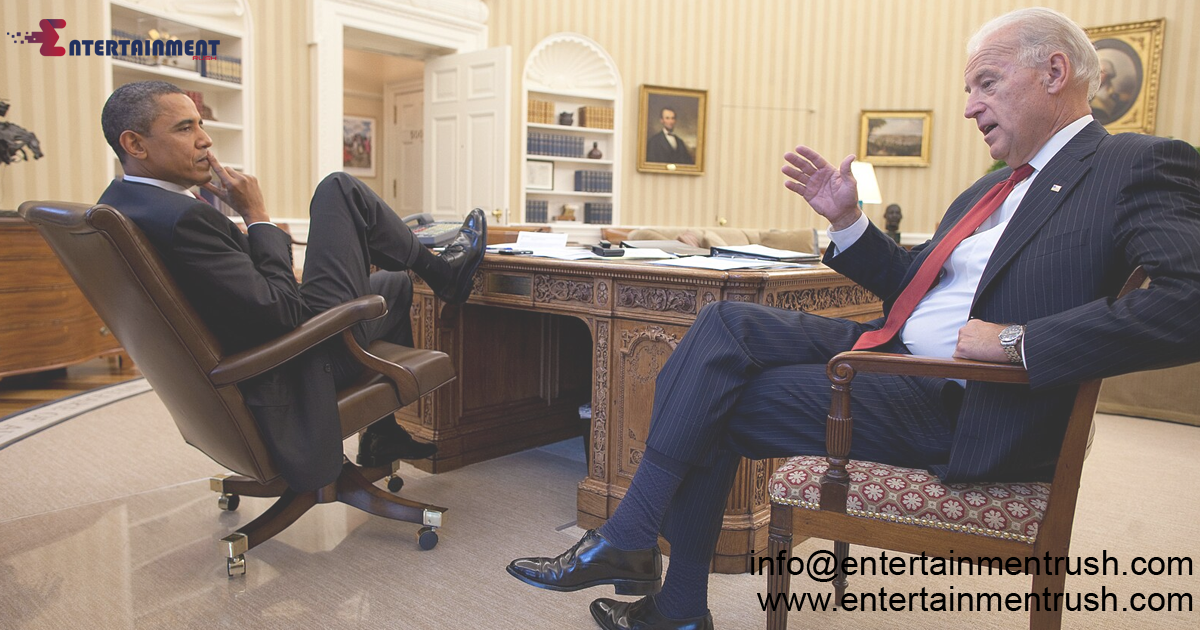In the bustling corridors of Washington, D.C., where power and influence converge, a complex dance of political maneuvering unfolds behind closed doors. The public-facing facade of American governance often belies the intricate negotiations, strategic alliances, and behind-the-scenes machinations that shape the nation’s policies and priorities. This blog delves deep into the world of Washington’s political maneuvering, uncovering the inner workings and dynamics that define decision-making at the highest levels of government.
The Nature of Political Maneuvering
Political maneuvering within Washington encompasses a myriad of tactics employed by policymakers, elected officials, lobbyists, and special interest groups to advance their agendas and navigate the intricacies of legislative processes. From coalition-building and backroom negotiations to leveraging media influence and strategic alliances, the art of political maneuvering is both a skill and a necessity in the competitive landscape of Capitol Hill.
Behind Closed Doors: The Importance of Secrecy
Much of Washington’s political maneuvering occurs behind closed doors, shielded from public scrutiny and media attention. Secrecy is often essential to fostering candid discussions, brokering compromises, and preserving the integrity of delicate negotiations. However, this opacity can also breed skepticism and suspicions of corruption or undue influence, highlighting the tension between transparency and the need for discretion in policymaking.
The Role of Special Interest Groups and Lobbyists
Special interest groups and lobbyists wield significant influence in shaping legislative outcomes through strategic lobbying efforts and campaign contributions. These entities play a pivotal role in advancing specific policy agendas and amplifying the voices of their constituents within the halls of Congress. The intricate relationships between lawmakers and lobbyists underscore the complexities of Washington’s political ecosystem and raise questions about the ethics of influence peddling.
Coalition-Building and Alliances
Political maneuvering often revolves around coalition-building and forging alliances to amass support for legislative initiatives or policy reforms. Lawmakers form alliances based on shared interests, party affiliations, or ideological alignments, pooling resources and leveraging collective bargaining power to advance mutual objectives. Understanding the dynamics of coalition building provides insight into the collaborative nature of policymaking and the complexities of bipartisan cooperation.
Negotiation and Compromise
At the heart of political maneuvering lies the art of negotiation and compromise. Lawmakers engage in give-and-take discussions to reconcile divergent interests and secure consensus on contentious issues. Compromise is essential to overcoming partisan gridlock and achieving legislative breakthroughs, although it often requires concessions and trade-offs that may not fully satisfy all stakeholders. The ability to negotiate effectively is a hallmark of effective leadership in Washington’s political arena.
The Influence of Executive Power
The executive branch wields significant influence in shaping policy outcomes through executive orders, regulatory actions, and presidential directives. Presidential administrations engage in political maneuvering to navigate congressional opposition, rally public support, and implement policy priorities through administrative means. The interplay between executive power and legislative maneuvering underscores the complexities of checks and balances within the U.S. government.
Media Manipulation and Messaging
Political maneuvering extends beyond Capitol Hill to encompass media manipulation and strategic messaging. Lawmakers and policymakers leverage media platforms to shape public perception, disseminate narratives, and sway public opinion on critical issues. The use of spin, framing, and strategic communications tactics underscores the intersection of politics and media in shaping public discourse and influencing policy debates.
Ethical Considerations and Transparency
Amidst the intricacies of political maneuvering, ethical considerations and transparency remain paramount. The public’s right to know and hold elected officials accountable necessitates greater transparency in decision-making processes. Striking a balance between confidentiality and accountability is essential to upholding democratic principles and restoring public trust in government institutions.
The Impact on Democratic Governance
Ultimately, the dynamics of political maneuvering in Washington have profound implications for democratic governance. The ability to navigate complex political landscapes, forge consensus, and enact meaningful reforms is essential to addressing pressing challenges and advancing the public interest. However, the prevalence of partisan polarization, special interest influence, and opaque decision-making processes pose formidable challenges to effective governance and democratic accountability. peering behind the closed doors of Washington’s political maneuvering reveals a world of intrigue, strategy, and negotiation that underpins the functioning of American democracy. From coalition-building and backroom negotiations to media manipulation and executive influence, the art of political maneuvering shapes legislative outcomes and policy priorities in ways that are often obscured from public view. Understanding the inner workings of political maneuvering is essential to promoting transparency, accountability, and effective governance within the halls of power. As citizens, fostering a more informed and engaged electorate is crucial to ensuring that the principles of democracy endure and thrive in an era of complex political challenges.




Leave feedback about this